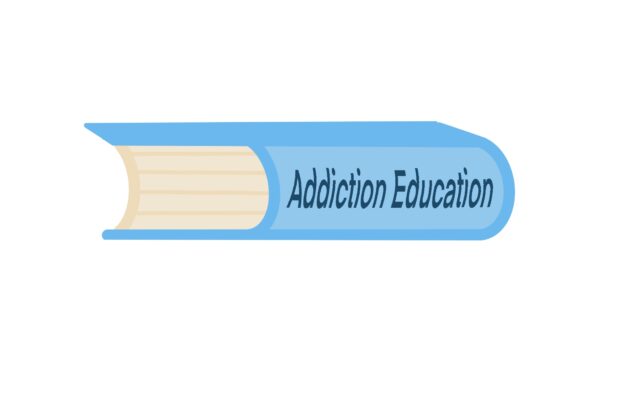Society needs better education on addiction

Addiction is a problem that people in society criticize and look down upon. Although there are many resources available to help addicts get sober, there remains a negative stigma around their condition that we need to fight against.
According to the American Psychiatric Association, substance use disorder, “is a complex condition in which there is uncontrolled use of a substance despite harmful consequences. People with SUD have an intense focus on using a certain substance(s) such as alcohol, tobacco, or illicit drugs, to the point where the person’s ability to function in day to day life becomes impaired…The most severe SUDs are sometimes called addictions.”
The National Institute on Drug Abuse found that half of a person’s risk at becoming addicted to a substance is due to genetic makeup. However, the expression of that gene can be influenced by the environment and external factors, such as stressors that make addiction develop. Despite this, positive influences such as familial support and exercise can prevent its expression. People believe that addiction is a choice and addicts lack the values and willpower to stop abusing their substance. This is simply not true. Addicts’ genes and their environment make addiction a compulsion that is extremely hard to break, even when they want to.
When my father went through his battles against addiction, I felt I needed to hide his condition from my friends, as I did not want him to be judged by people who had no idea what he had been through. Even now, with my father eight years sober, I feel I have to hide his addiction from people, as I do not want them to judge a man who is so strong for beating a condition that genetically hardwired him to reach for more. He got addicted at a young age, but the proper treatment and help made him able to win his battles.
People with addictions commonly use their substance to subdue symptoms of mental illness, such as anxiety or depression. This leaves teens most vulnerable to substances, as mental illness rates in teens are going up and most reach for substances in order to feel better. Because adolescent brains are still developing, teenagers are most at risk of long term brain damage. Stigma around addiction makes already isolated teens not want to reach out for help, but this needs to change in order to make progress.
Although addiction cannot be cured, it is treatable. Schools are making great progress to educate teens on addiction. Research from the National Institute on Drug Abuse has shown that school programs have helped to prevent addiction and reduce it among teens. Watching programs like Red Ribbon Week take place has given me hope that teens who are like my dad are getting the help they deserve in order to beat their battles early. No one deserves to go through what my dad did. Working to educate instead of judge is exactly the help teens and adults alike need to beat their addictions and live the life they deserve.



